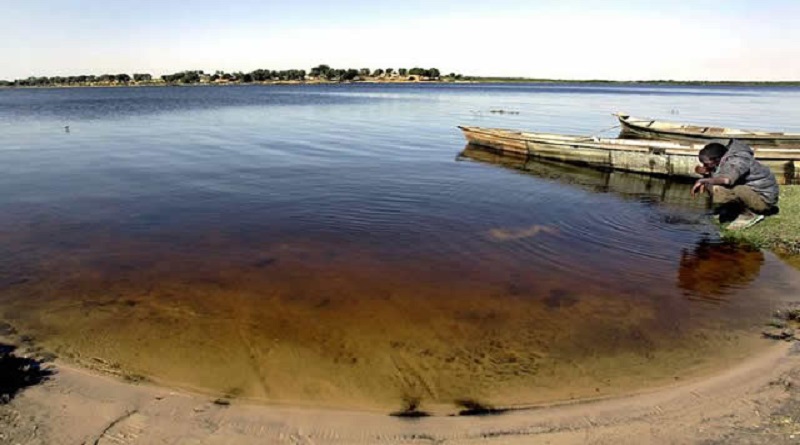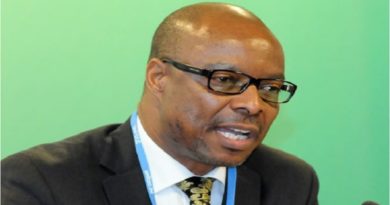AfDB reiterates support for Lake Chad Basin Heritage Project
The African Development Bank will continue its support for an environmental initiative to protect the shrinking Lake Chad – a source of water to millions of people in central and West Africa, the Bank’s Director General for Central Africa Region, Ousmane Dore told UN bodies and representatives of west and central African UN missions
In the past decade, the Bank has invested more than $160 Million through regional projects aimed at fighting the ecological and humanitarian crises in the Lake Chad region.
The UNESCO Biosphere and Heritage of Lake Chad (BIOPALT) project, funded by the Bank, is a multi-disciplinary project, linked to the UN Sustainable Development Goals (SDGs). The project is implemented in five countries within the Lake Chad area: Nigeria, Niger, Chad, Cameroon and the Central African Republic.
The lake has shrunk to nine tenths of its size due to climate change, population growth and irrigation.
Addressing participants at the meeting, UNESCO Assistant Director General, Flavia Schlegel described it as a platform for governments, UN agencies, civil society and academia to reflect on the relevance of adopting a multisectoral response to solving the region’s humanitarian and ecological crisis.
The Lake Chad area is important for its terrestrial and aquatic biodiversity, but a 90% reduction in rainfall has affected more than 40 million people, Zacharie Serge Raoul Nyanid, Permanent Mission of Cameroon, said.
Dore who represented the Bank at the meeting, reiterated its commitment to work closely with the five member countries’ governments to restore and rehabilitate degraded ecosystems, improve the livelihoods of the communities and bring back lasting peace in the region.
Currently, three Bank’ projects – Lake Chad Basin Sustainable Development Programme (PRODEBALT); Programme for Rehabilitation and Strengthening of the Resilience of Socio-ecologic Systems of the Lake Chad Basin (PRESIBALT); and BIOPALT, are working to strengthen the capacity of Member States of Lake Chad Basin Commission (LCBC) to safeguard and sustainably manage the hydrological, biological and cultural resources of Lake Chad Basin, thereby contributing to reducing poverty and promoting peace.
All the projects involve a wide range of activities ranging from the establishment of an early warning system for droughts and floods, to the restoration of degraded ecosystems. The project also focuses attention on income-generating activities through the promotion of a green economy and the development of the basin’s natural resources.
The three-year BIOPALT project is financed by the African Development Bank to the amount of US$ 6,456,000 and is implemented via a multi-sectoral approach involving UNESCO’s sectors at headquarters and in the field.
Other country representatives at the meeting shared their perspectives on regional challenges and the value of the Bank’s program.
UN Secretary-General’s Special Advisor for the Sahel Ibrahim Thiaw, said the lake’s shrinkage had led to loss of livelihoods and despair for millions of young people. He described the Bank’s interventions and BIOPALT as “a wonderful natural resource planning and management tool that aims to address the deeper causes of the crisis.”




